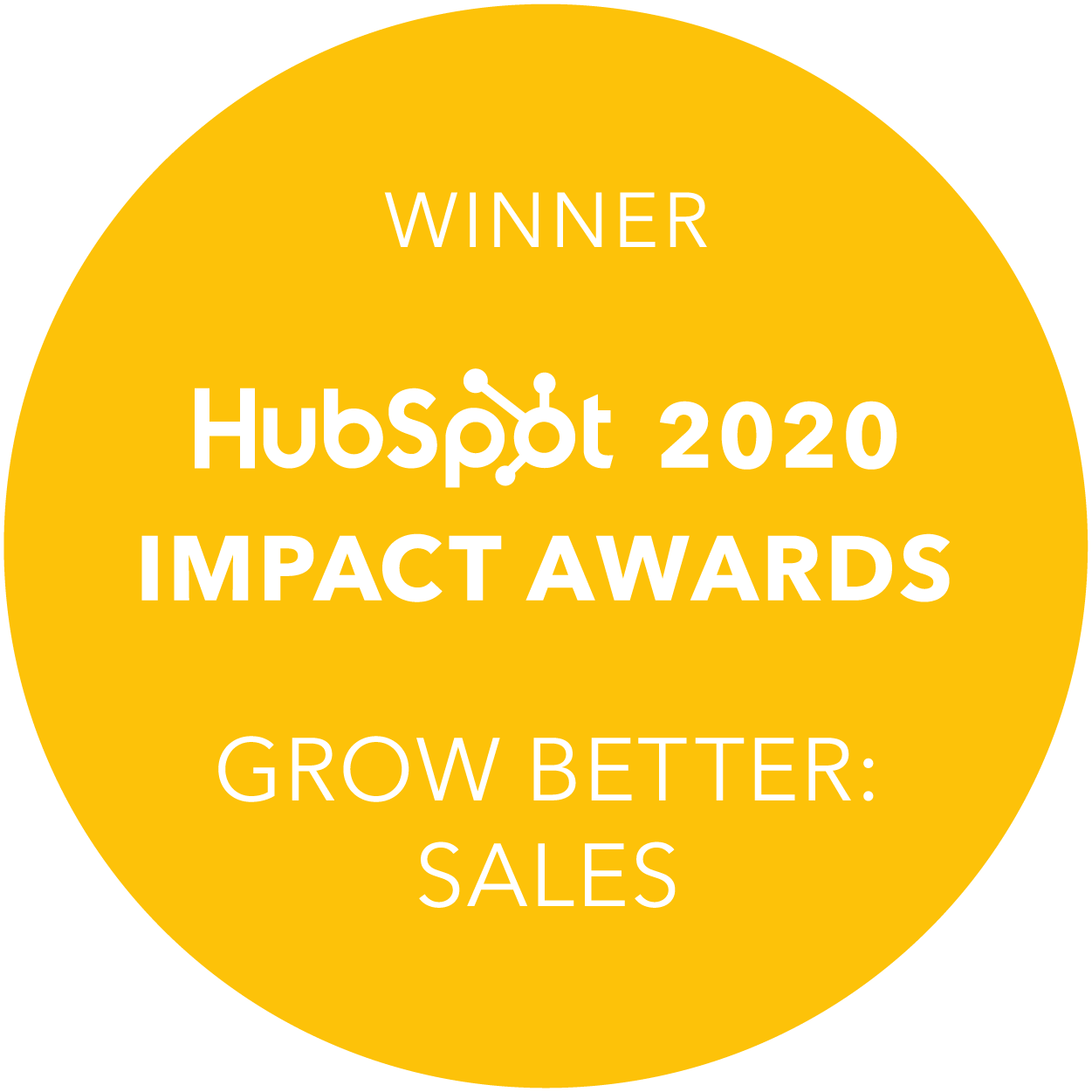In today's business world, competition is fierce and attention scarce. It's no longer enough to create the next revolutionary product or service. You’ve got to be exceptional at helping buyers understand why they need it, demonstrating how it will help them, and proving why they should invest in your business over a competitor. Essentially, you've got to master the art of building meaningful relationships.
At the heart of any meaningful relationship is a significant amount of trust and building it doesn’t happen overnight. It takes time, which is why you've got to spend time with prospects before attempting to close. It's a sales strategy known as relationship-based selling and it involves prioritising your connection with your customer over all other aspects of the sale.
Relationship selling is particularly important for technology startups, whose commodity is often discovered through extensive consumer research, is highly tailored and has a high average selling price. These combined factors mean the buyer's propensity to buy is far less impulsive compared with transactional-based sales, which typically require a lesser amount of mutual trust between buyer and seller. Instead, B2B technology customers need reassurance that they can rely on you and that you will continue to be the antidote to their problems after the point of purchase.
Ultimately, you need to plant the seed of faith in your prospect. Much like a plant, this requires consistent monitoring and nurturing, ensuring the conditions are just right at every stage of its life cycle. The extent of how well you do this determines whether or not that seed blossoms into flower that stands tall amongst the bed - dropping more seeds, which in turn make new plants. And with that word-of-mouth marketing metaphor neatly out of the way, let’s shed some light on how you can drive relationship-based sales in your tech startup.
#1 Add value at every engagement

Consider for a moment, a good friend of yours. Chances are, the first time you hit it off, there was a mutual attraction. Maybe, they let you borrow something, offered to buy you a drink or helped you out in some way. We won’t get too bogged down in the sociolinguistic behaviours at play when a friendship sparks, but the point is simple - their altruism likely struck a chord with you. The same applies in a business context too.
To establish your business as a trusted and credible authority, you need to give something of value. You don’t need to move heaven and earth for them right from the get-go, this will likely end up costing your business more in the long run, especially if the prospect turns out not to be a good fit. However, a little goes a long way in the early stages of the customer journey. Simply reaching out with a helpful suggestion or recommendation, directing them to a particular source or making a warm and friendly (non-salesy) introduction can be all it takes to initiate a conversation with the prospect. Set them up for success and your good deeds will pay off.
#2 Learn about their situation (and be prepared to walk away)

Ever met someone who, upon the first encounter you took a liking towards, then the more time you spent together, the more you realised it wasn't a good fit? The same can also happen in business. Once you’ve initiated the conversation, spend time learning about their situation. Find out what their challenges and goals are, and what strategy they’ve invested in up until now. Dig deep into their metrics and consider; are you the best for what they need? Does your service offering align with their needs? If the answer is yes, then ask yourself; can they afford it and do they have the right attitude?
It feels good to come away with a new client, but don’t force the sale if it’s not a good fit. A customer who has unrealistic expectations about your product/service, doesn’t have the appropriate timeline or sufficient budget will end up causing a lot of problems for you both later down the line. Remember, relationship selling is a long-term strategy characterised by the additional time and effort you invest into securing each new prospect. Your efforts in these early stages will inevitably pay off later down the line when you have highly qualified, loyal customers that can help you acquire glowing reviews, referrals, renewals and cross-sales.
#3 Give tailored advice

Leverage the information you have gleaned about your prospect and propose a strategy that helps them overcome their core pains. This might involve a rough outline of how your product or service can help them achieve their goals. You could also give an example of how you helped another client who had a similar set of circumstances. Indicate how you helped them fulfil their objectives and the results your actions generated. If, on the other hand, the prospect turns out not to be a good fit, direct them to another business that better aligns with what they need. This will leave a lasting impression and might even lead to a referral later down the line.
#4 Use a CRM to nurture prospects and customers

According to McKinsey, “82% of B2B decision-makers think sales reps are unprepared.” One way of arming your sales team with the insights they need to prospect more effectively is with a Customer Relationship Management (CRM) system. A CRM stores all of your interactions with potential and existing customers. It automatically tracks each engagement with your prospect, from the first time they landed on your website and what they did while they were there, to the very moment they opened your sales proposal.
For example, if your CRM shows that your prospect has opened your sales proposal, but has taken no further action, this would indicate to your sales team that the prospect has an objection to the proposal. Sales reps can yield these insights to surface and solve the prospect’s blocking points by asking questions like, “What are you anxious about?” or, “Is there anything you wish was different about the product/service?”.
The ability to learn about your prospects situation and pinpoint precisely where you can help them overcome their challenges is key to offering tailored advice that adds real value. These engagements will help you win the trust of your prospect and could potentially lead to a positive review or referral, which are critical for winning new business.
#5 Keep adding value after the deal is closed

Business growth is not all about attracting new prospects. Ultimately, it's proof of happy customers that is going to help you win acquire more customers. With word-of-mouth marketing and testimonials the two biggest growth drivers for a business today, you need to focus on delighting your existing customers.
Rather than treating customers as the output of your business, consider them as an input. What value can you keep adding to ensure they spread positive messages about your brand?
- Ask customers for their feedback on your product/service
- Answer any troubleshooting questions
- Direct them to one of your podcasts/videos that demonstrates how to get the most out of their product/service
With a CRM, you can pinpoint precisely the way's in which you can help your customer overcome their challenges and solve their problems, as well as, identify optimal times to engage. Consistent monitoring and value-orientated engagement will demonstrate a good level of commitment to customer care.
Most importantly, consider how engagement adds value and you will be on the path to delighting your customers.

.png?width=200&height=67&name=RevM%20Digital%20Marketing%20Agency%20Woking%20Surrey%20(1).png)






